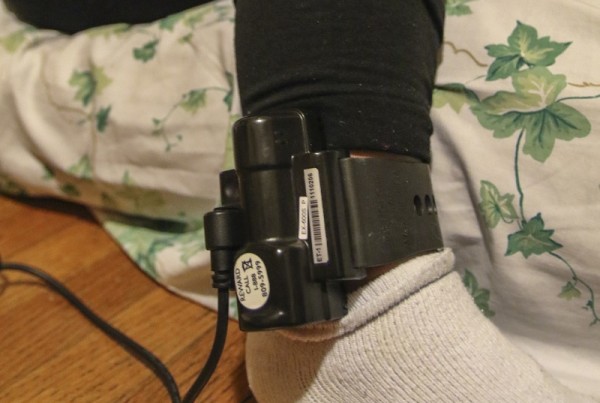If you ask a woman what her self-defense techniques are when she walks alone at night, you’re likely to hear a variety of answers. “I carry pepper spray,” “I hold a set of keys gripped between my fingers,” or “I pretend to talk on the phone” are just a few responses.
According to a 2014 U.S. Department of Justice study on sexual assault among college-age females, one in four women are victims of sexual assault during their undergraduate careers. The perpetrators are not necessarily strangers creeping in dark corners. In about 80 percent of assaults, the woman assaulted knew the offender.
“It’s one of those things that’s almost like a number to you,” says Alexa Harrington, journalism student at the University of Texas at Austin. “You don’t think, ‘Oh that’s not going to happen to me, I’m not one of those people,’ until someone close to you becomes one of those people.”
She recalls a skit during her freshman orientation that discussed sexual consent, but noticed students didn’t take it very seriously. She says many of her fellow freshmen skipped the play or brushed it off saying it was a joke.
Noël Busch-Armendariz, director of the Institute on Domestic Violence and Sexual Assault at UT Austin, is spearheading a four-year multi-campus study for the entire University of Texas system.
“When these crimes happen to students, it can change their trajectory,” Busch-Armendariz says. “They might even change their major, or they may drop out of college all together.”
The goal, she says, is to try to come up with a complete picture of the impact of sexual violence on campus.
Entrepreneurs Yasmine Mustafa and Anthony Gold say that for those at risk today, there’s no time to wait. That sense of urgency inspired them to create something called Athena: a small circular device with a button that can be clipped onto one’s clothes or worn as accessory. When pressed, Athena emits a loud alarm and sends the user’s location to a list of designated emergency contacts.
“We don’t just want to put a Band-Aid on the problem, we want to get to the root causes of violence against women,” says Anthony Gold, co-founder of ROAR for Good, the Philadelphia startup behind Athena.
The group has already raised $200,000 through crowd-sourcing and, starting in the spring of 2016, plans to sell the devices at $99. A portion of those proceeds will go towards education programs that focus on increasing empathy and decreasing violence. Gold says these conversations are crucial in changing the culture – he says we need more men that won’t ignore the problem, and will take action in bystander situations.
Gold’s company has spent the last 16 months conducting focus groups and user-testing trials. They’ve decided to add a silent mode for users who want to be discreet – it sends a text without sounding an alarm. They’re also engineering the final product to call 9-1-1 in emergency situations.
Gold acknowledges technology is not a solution to the larger issue of sexual violence of campus.“No device – not Athena, pepper spray, Tasers – there’s not a single device that’s going to solve this issue of assaults against women,” he says.
Busch-Armendariz says overall, prevention is about recognizing the deeper issue: “I think that when we understand that it’s a deeply rooted social problem – not an individual problem, although individuals may be affected by the issue – then we will see some reduction of the numbers of people victimized.”
Harrington carries mace with her at all times and she says fortunately she’s never had to use it. She says that until we’re at a place where women can feel safe on college campuses, more educational efforts and devices like Athena might just be necessary.
Busch-Armendariz, who says she has been researching interpersonal violence for 20 years, thinks we’re on the right track. She says an engaging dialogue is the first step in figuring out what we need to do as a community to stop sexual assault.















